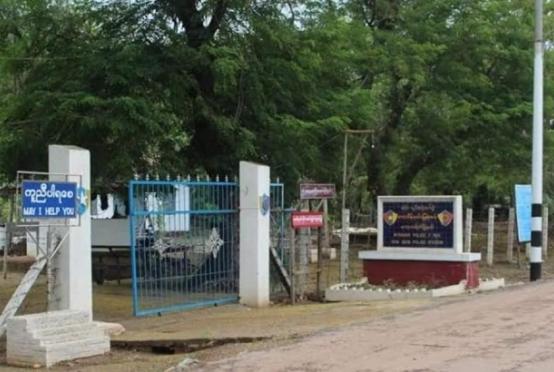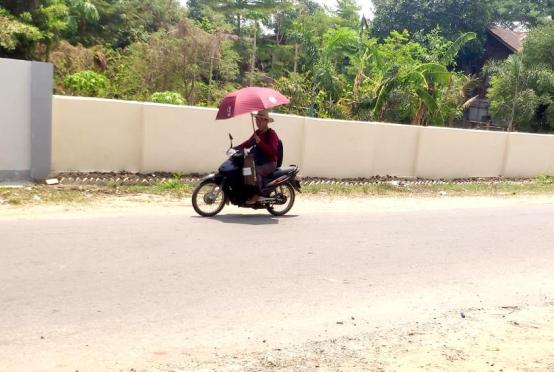TAIWAN/The China Post -The Canadian English teacher claims that Eagle American Institute has used "deceiving contracts" to deny his rights for paid time off on a national holiday and annual leave, according to legal documents provided to The China Post.
The aforementioned contracts would mislead many foreigners to the responsibilities of a "full-time" contract in which the school’s duties would be limited to those of a "part-time" agreement, Patrick said.
According to the Ministry of Labor, Taiwan workers are entitled to seven days of annual leave after 1 year of work and 10 days after 3 years of employment.
Patrick reportedly asked the school for the overdue payments of the national holidays and annual leaves, but his actions were met with failure, frustration and "negative remarks," bringing his friendly workplace environment to questions.
After consulting Taiwan Legal Aid Foundation and the Department of Labor at Taipei City Hall, Patrick accused the school of hiring "part-time" teachers to do "full-time jobs" with the aim of "denying their rights for fair paid time off."
Like most foreign nationals confronted with legal woes, however, Patrick said he found himself struggling in the process for too long while the school not only hurled abuse at the "non-salaried employee" but also denied his payments.
According to Patrick, his employer has repeatedly failed to "notify part-time workers of their rights" and even "turned a blind eye even after the Department of Labor issued administrative fines to the school."
Such reckless actions are behind his decision to take his former employer to court, he said.
Patrick added that foreign teachers should be better aware of their labor rights. "Many fellow coworkers are in the same situation," he said, adding that this could be a widespread issue in Taiwan.
This recent case is indeed far from being isolated; it brings in the spotlight the inconsistencies between the government policies, foreign culture, and public expectations.
According to various reports, Taiwan is at a critical time to shape the future of its human capital through education. Many believe, however, that fostering bilingual education requires more than a top-down approach.
Authorities should put more emphasis on changing attitudes towards English learning in order to build a friendly working environment for foreign teachers.
https://chinapost.nownews.com/20190413-546201
















